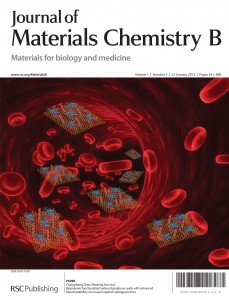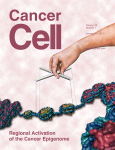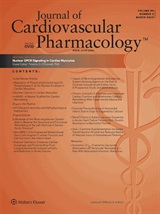 The Journal of Materials Chemistry B has issued a laundry list of corrections for a 2014 chemotherapy paper, which address re-use of “some text”, incorrectly stated doses, and miscalculations of the drug concentration, among other issues.
The Journal of Materials Chemistry B has issued a laundry list of corrections for a 2014 chemotherapy paper, which address re-use of “some text”, incorrectly stated doses, and miscalculations of the drug concentration, among other issues.
The paper described a new way to deliver gemcitabine via nanoparticles, focusing the drug on the tumors.
It turns out the authors’ focus wasn’t so clear when writing the paper. The researchers, at the Chinese Academy of Medical Science, Peking Union Medical College, and Tianjin University in China, said they used “some text” from two 2013 papers by a team of French oncologists “without appropriate attribution,” as well as repeatedly getting the in vivo dose wrong. The manuscript also contained several incorrect calculations of the “drug loading,” or the proportion of active drug.
Here’s the correction for “Tailor-made gemcitabine prodrug nanoparticles from well-defined drug–polymer amphiphiles prepared by controlled living radical polymerization for cancer chemotherapy” (free, but requires sign-in): Continue reading Drug paper gets a fix, notching several corrections








